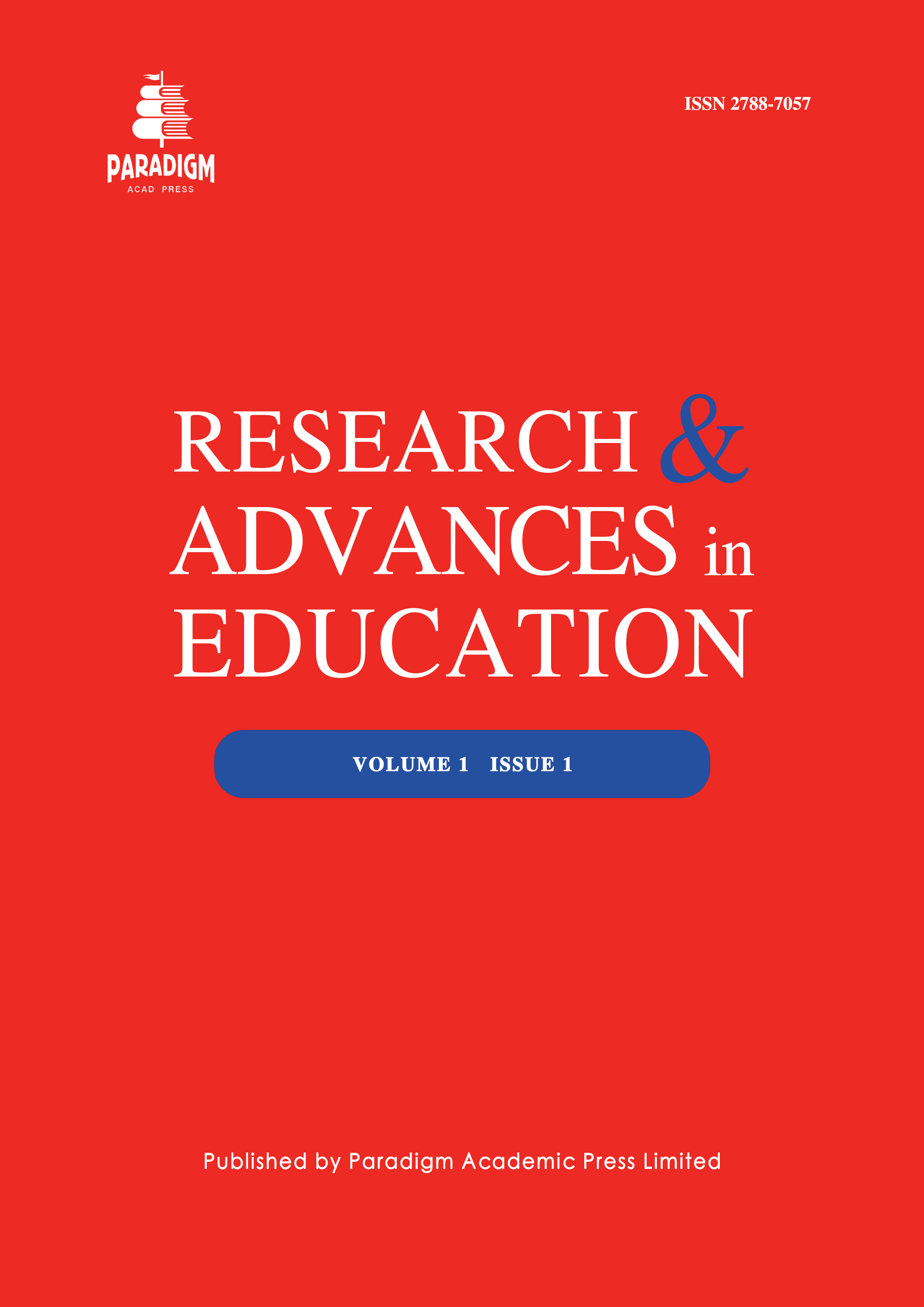Practices, Challenges and Coping Strategies Among Students with Physical Disability in a Higher Educational Institution: Basis for Proposed Measures on Accessibility
DOI:
https://doi.org/10.63593/RAE.2788-7057.2025.07.003Keywords:
accessibility, students with physical disabilities, inclusive education, coping strategies, higher education, proposed measuresAbstract
This study determined the practices, challenges, and coping strategies of students with physical disabilities in a higher education institution, with the goal of promoting measures that enhance accessibility. Using Interpretative Phenomenological Analysis (IPA), the researchers conducted in-depth, semi-structured interviews and employed thematic analysis to identify patterns and meanings from participant narratives. Three key themes emerged regarding institutional practices: the presence of physical accessibility features, responsive faculty and staff support, and an inclusive social environment supported by peers. Despite these positive aspects, participants identified ongoing barriers, including unsafe and inaccessible infrastructure, lack of comprehensive communication support, and insufficient disability awareness and sensitivity training among staff and faculty. In response to these challenges, students demonstrated resilience through three main coping strategies: drawing strength from others, adapting with initiative, and reframing disability. These findings reflect the dual reality of support and struggle experienced by students with disabilities, highlighting both advancements and gaps in inclusive education. The study recommends improving physical infrastructure, ensuring communication accessibility, training faculty and staff in disability awareness, and institutionalizing inclusive policies and peer support systems. It also emphasizes that legal provisions — such as Republic Act No. 7277, RA 11650, and Batas Pambansa Blg. 344 — remain inadequately implemented. Accessibility is framed not as a charitable act, but as a basic right that enables students with physical disabilities to fully participate, thrive academically, and feel a genuine sense of belonging within the academic community.


